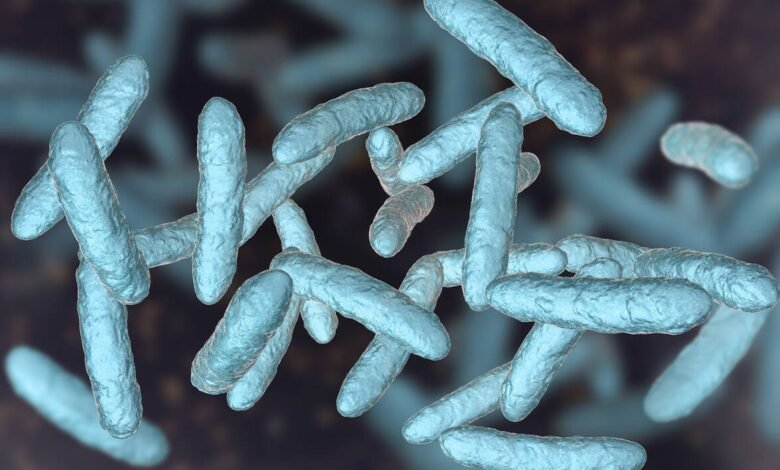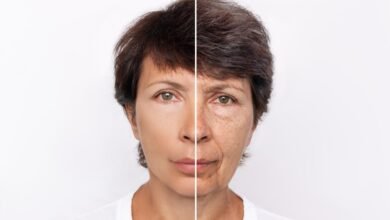Study Says Gut Microbiome May Encourage Weight Loss

Researchers at the University of Washington have discovered the presence of ‘good’ microbes in the gut of individuals following a slimming diet. The team has reached this conclusion from a study of 105 overweight people, all of them immersed in a diet focused on getting rid of those extra kilos.
During their work, experts have compared those who lost 1% of their body weight on average each month with those who did not experience changes. As a result, they observed that several blood markers related to metabolism had only minimal differences between those who had lost weight and those who had not.
However, researchers have detected an increase in bacterial colonies (specifically, those of Prevotella) that contribute to the production of higher levels of healthy substances,such as short-chain fatty acids. Experts claim that those bacteria fight inflammation, which would encourage weight loss.
The role of genetics
Although several studies suggest that an individual’s genes would influence the risk of obesity,there is currently no clear evidence that this affects the ability to lose weight. What the study has revealed is that the type of bacteria lodged in the gut of a dieter is better than cholesterol and other substances related to fat burning.
“We know that the gut microbiome plays an important role in weight management and can also influence the response to changes to weight loss,” says Hana Kahleova, director of clinical research at the Physicians Committee for Responsible Medicine in Washington. However, “the specific features of the gut microbiome that may explain this observation in more detail are yet to be discovered.”
The author of the study published in the American Society for Microbiology, Sean Gibbons, has reminded WebMD that “some people have more difficulty losing weight than others.” According to him, there are individuals “able to control their weight through lifestyle changes.”
This would have to do with the fact that bacteria that produce more enzymes to quickly break down starches or fiber into sugars, for example, are linked to people’s resistance to weight loss. “If we understand these functional patterns, it’s possible that one day we may be able to design resilient microbiomes to be more permissive with weight loss,” Gibbons said.








One Comment